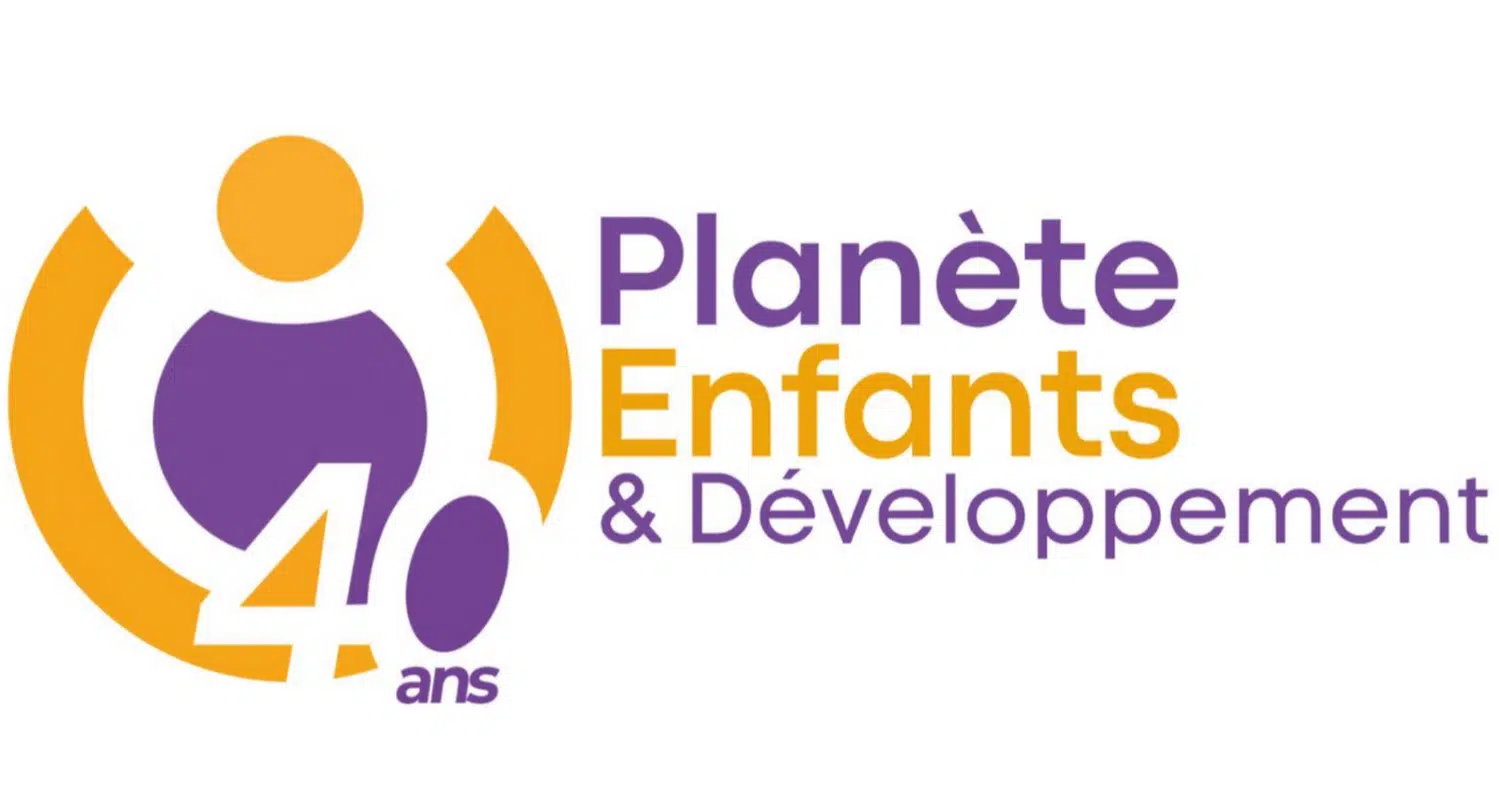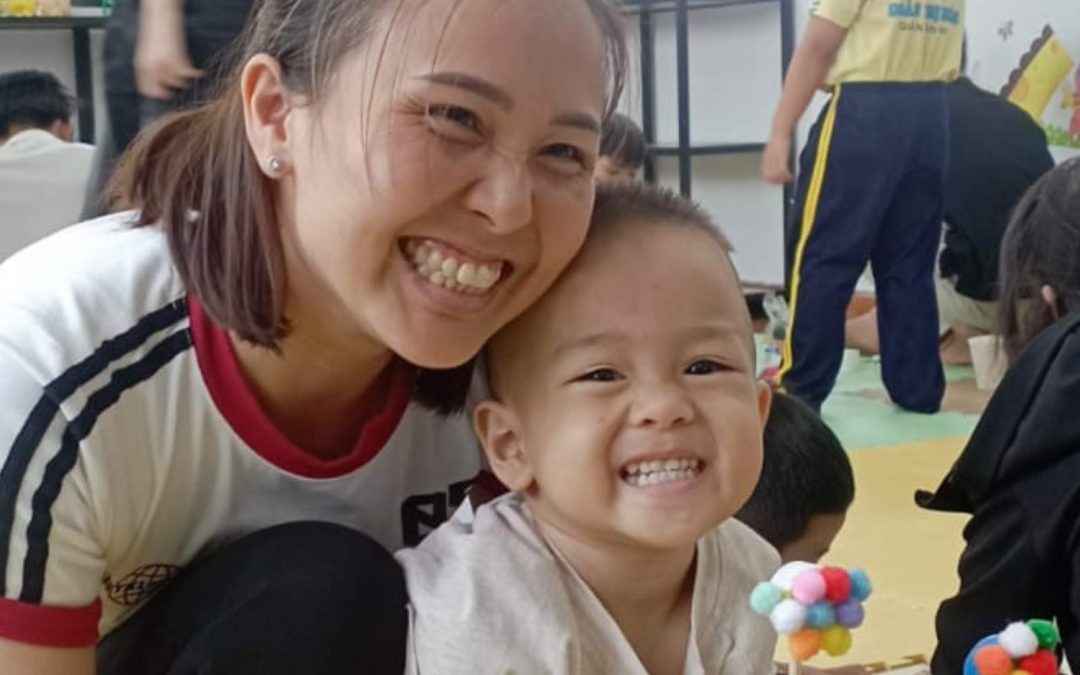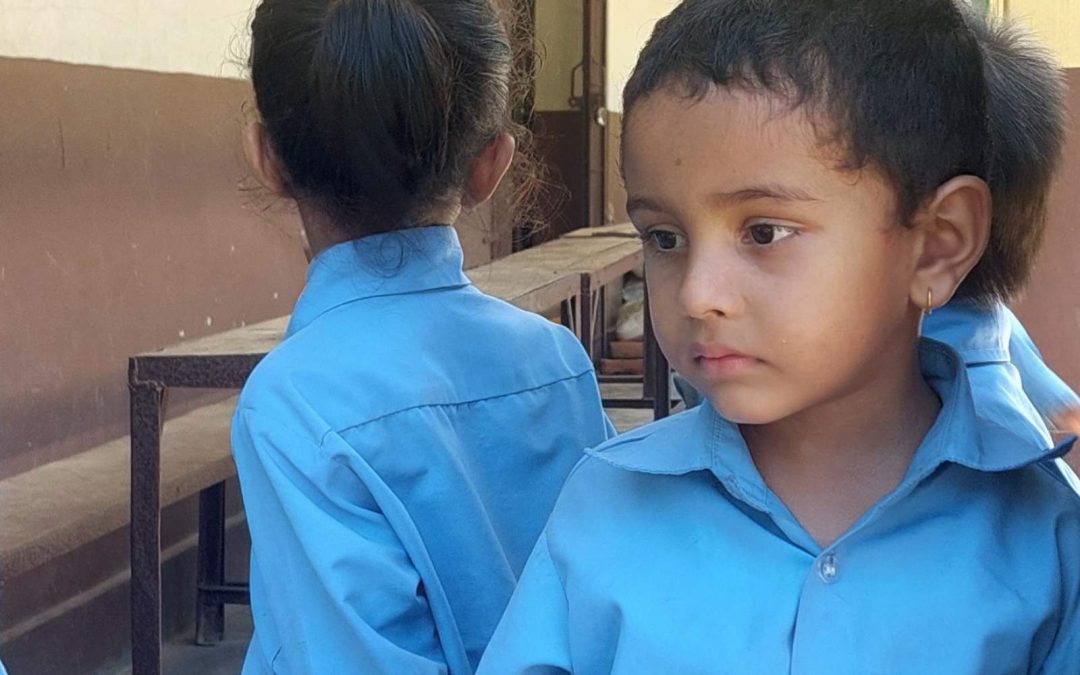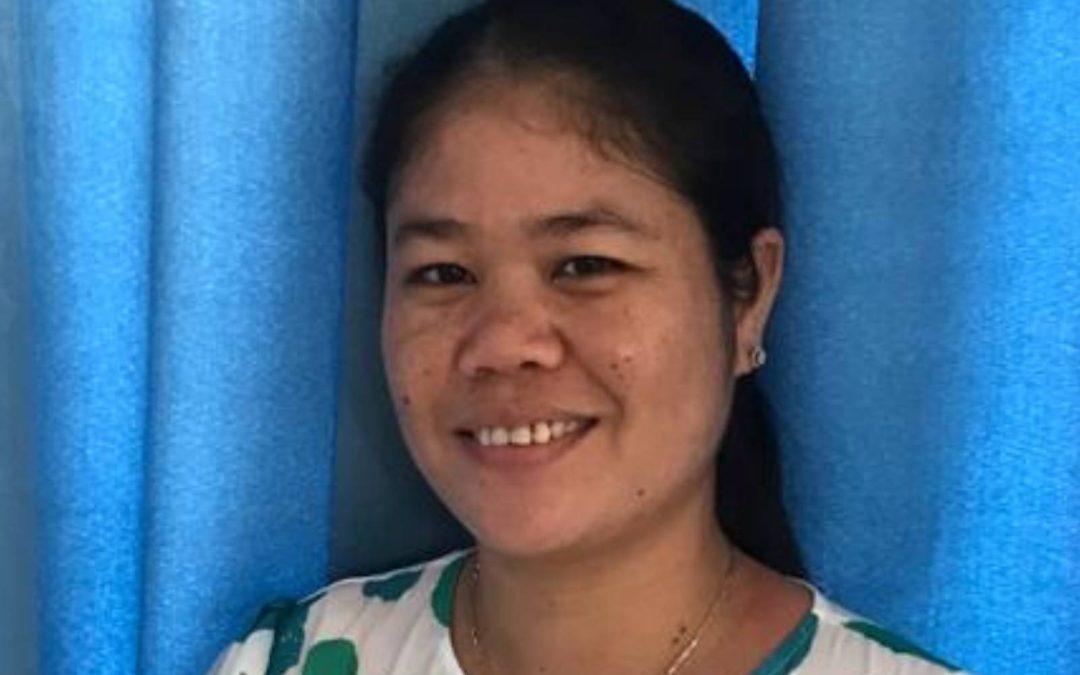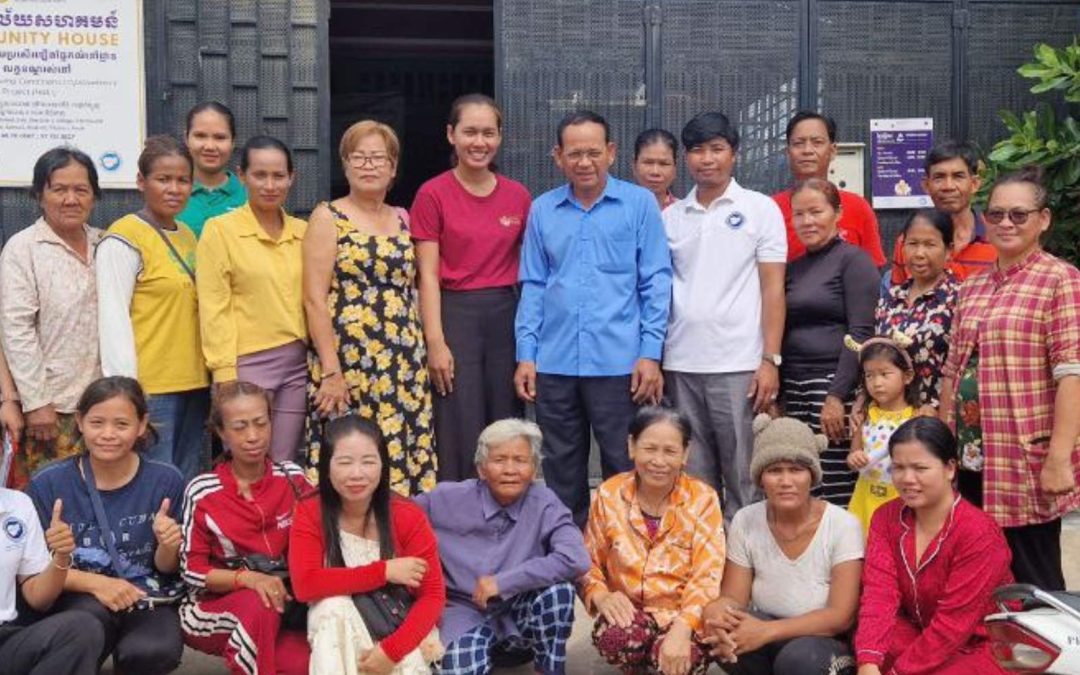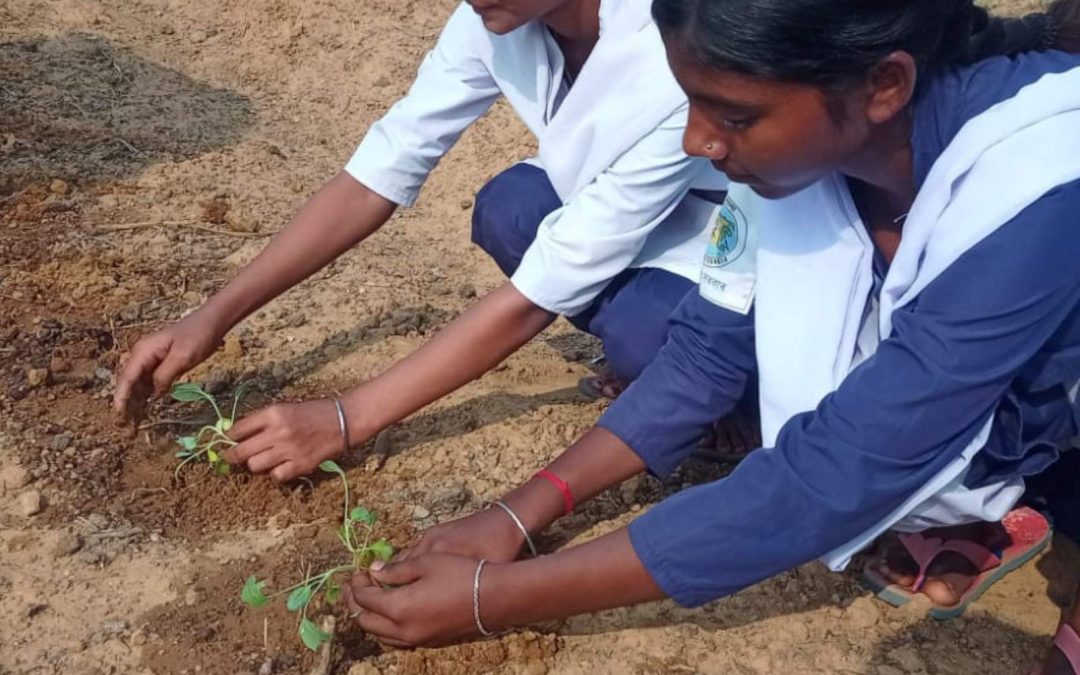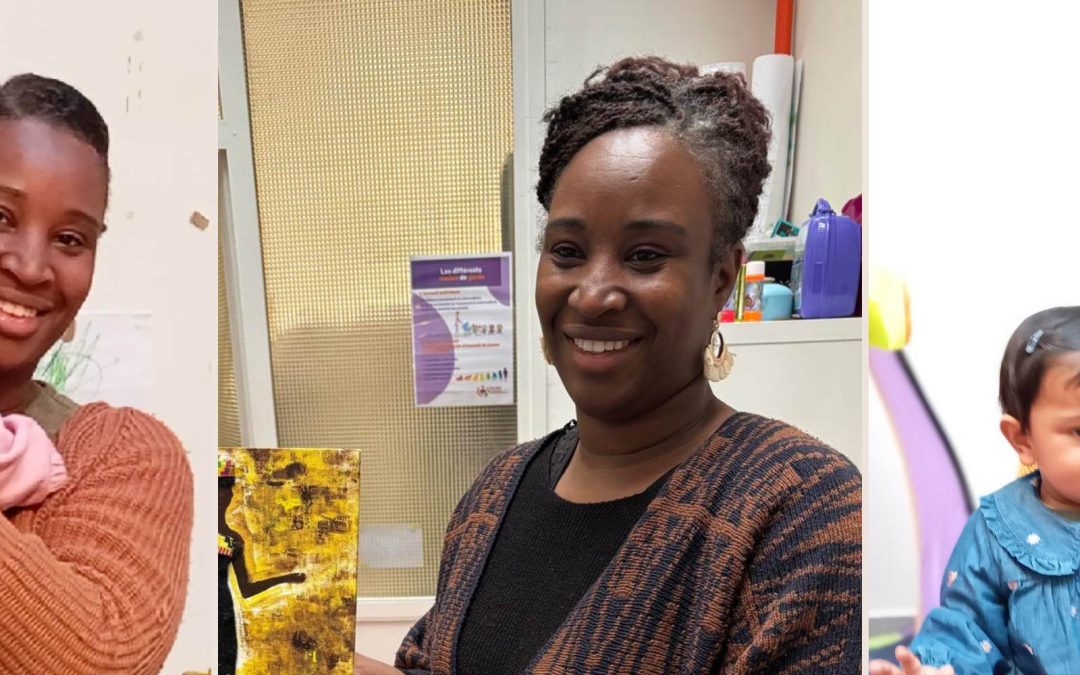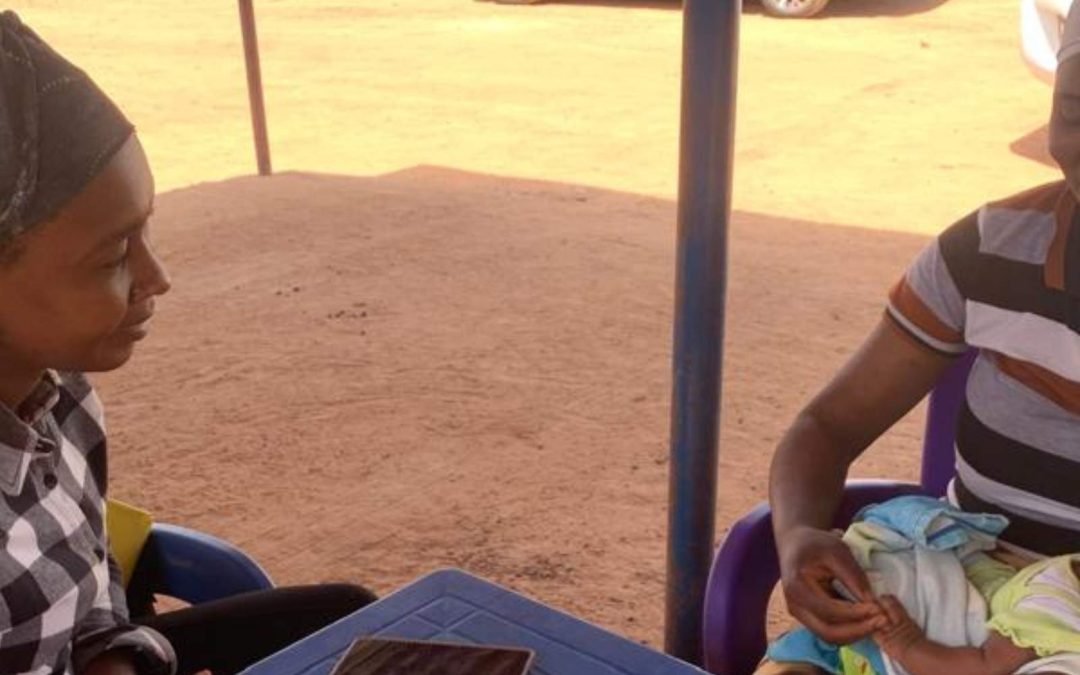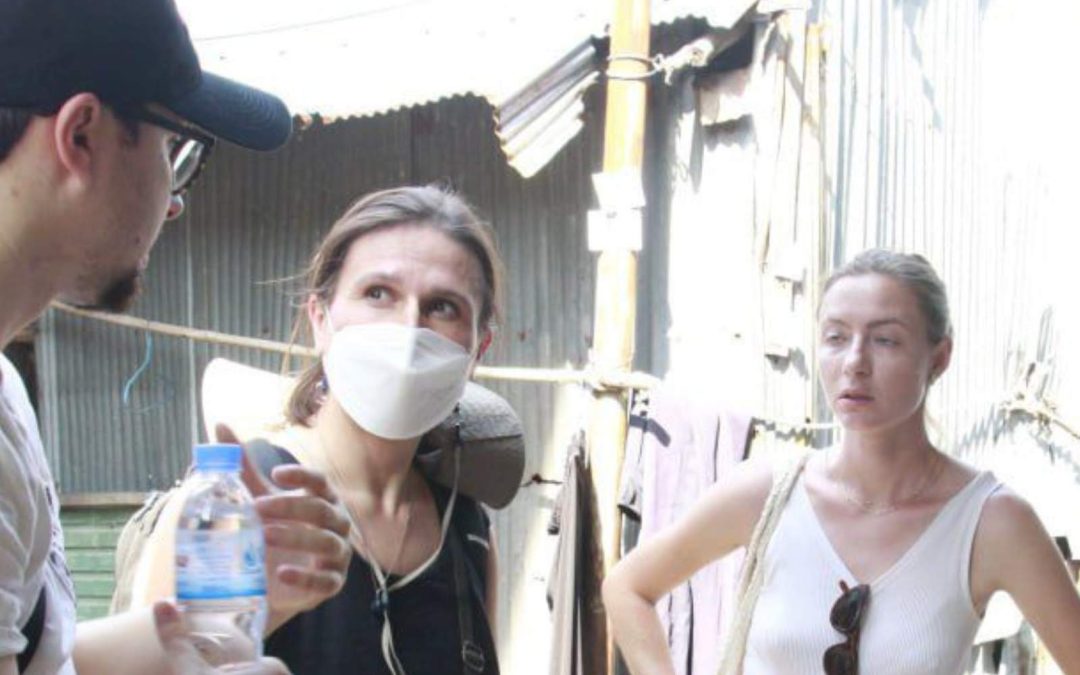 The unprecedented health crisis linked to Covid-19 will undoubtedly have a greater impact on countries dependent on the global economy and on fragile or excluded populations. Here is a brief overview of the chain of risks already identified.
The unprecedented health crisis linked to Covid-19 will undoubtedly have a greater impact on countries dependent on the global economy and on fragile or excluded populations. Here is a brief overview of the chain of risks already identified.
The impact of Covid-19 in Cambodia for example
390 million dollars: this is the estimated loss in Cambodia by the Asian Development Bank. The country is expected to experience its worst growth rate in decades.
The tourism is vital. Visits from the Chinese, the main customers, first dropped in January and February. Followed by those of the Europeans.
The manufacture of clothingThe country's leading industry, employing 700,000 people, has also come to a halt. First of all, China has slowed down, or even stopped, its deliveries of raw materials (60 % of supplies come from China). Then, Western brands have suspended or stopped their purchases. According to the website Thediplomat.com, "nearly 1/3 of the factories are forced to close temporarily for several months, affecting hundreds of thousands of workers. The Cambodian government said it would compensate 60 % of the minimum wage (at 190$/month), but this will not be enough to support the families of these workers, also cut off from overtime pay.
By cascade effect, if the country does not produce, it will not be able toexport. Not to mention the closure of the borders of Europe and the United States, Cambodia's primary customer markets.
The rural areas and agriculture will not be spared by Covid-19. Already hard hit by another year of drought, many families will no longer receive the aid sent by the tens of thousands of workers who have migrated to the city to work in the textile industry.
And since Cambodia has also closed its borders, the prices of agricultural products have already started to fall.
While the Cambodian government has announced a stimulus package of $800 million to $2 billion (1/4 of the state budget), we do not yet know how this package will be distributed.
The Overseas Development Institute (ODI) reports that the VietnamThe neighbouring country of Brazil is also expected to be strongly affected by the economic impact of the crisis. " L'Sub-Saharan Africa could also lose up to $4 billion in exports."
The vulnerability of the poorest, women and children to Covid-19
As ODI points out, all the recommendations currently being issued to limit the spread of the Covid-19 virus are real challenges for the most vulnerable. "Poverty can fuel contagion, but contagion can also create or worsen impoverishment."
Without the ability to get to work and without health or unemployment insurance, what are the sources of income? Without money, how can you buy and store food? "A study of 11 countries in sub-Saharan Africa and South and Southeast Asia found that in the absence of health insurance or other forms of universal health coverage, ... people living in or near the poverty line ... take out loans from informal moneylenders, sometimes at exploitative rates."
How to remain confined to your home when you have no roof over your head or unhealthy housing in a slum that represents a daily danger for the family?
"Housing has become the frontline defense against the coronavirus. Home has rarely been more of a life and death situation," says Leilani Farha, United Nations Special Rapporteur on the right to adequate housing.
1.8 billion people: that's the number of people who are homeless or in precarious housing.
"By ensuring access to safe housing and adequate sanitation, states will not only protect the lives of those who are homeless or living in informal settlements, but will help protect the world's population as a whole by flattening the CV19 curve," the UN expert concluded.
With this Covid-19 epidemic, girls and women are even more vulnerable to discrimination and violence. UN Women reminds us that with the closing of schools, the care of children represents additional work for many women and girls in many countries. This United Nations entity also reminds us that 70 % of health care workers are women in the world. They are therefore exposed on the front line.
Another risk for women is violence: domestic violence increased by a feeling of anxiety in the home (food and financial insecurity, etc.), sexual exploitation to offset financial losses... in a context where hospitals are busy treating the virus and sexual health care and psychosocial supports may be neglected.
Therefore, taking into account the needs of the most disadvantaged populations is vital today, for them, because the human lives are pricelessand for the whole world, because the Covid-19 virus knows no borders.
April 10, 2020
Sources:
http://www.rfi.fr/en/wires/20200302-virus-hammers-garment-industries-cambodia-vietnam
https://thediplomat.com/2020/03/does-cambodias-coronavirus-bailout-really-add-up/
https://sggpnews.org.vn/international/cambodias-economy-to-lose-us390-million-worst-hit-in-asean-86216.html
https://www.odi.org/blogs/16639-economic-vulnerabilities-coronavirus-top-countries-risk
https://www.odi.org/blogs/16754-pandemics-poverty-implications-coronavirus-furthest-behind
https://www.ohchr.org/EN/NewsEvents/Pages/DisplayNews.aspx?NewsID=25727&fbclid=IwAR1L55qYDdYk4ad3eLVd8dHeQ4HAWJeKWjtoz4nnfWlxLjJxm2VK4F9sdHw
https://asiapacific.unwomen.org
